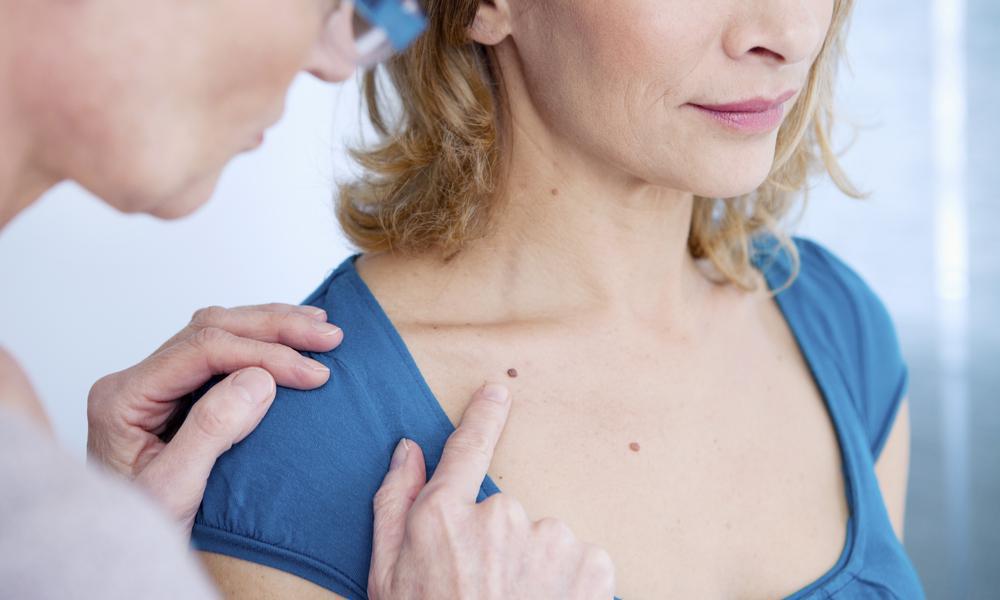Most everyone has at least one mole, and most moles are harmless. But when a mole appears suddenly or starts to change, you might be dealing with cancerous or precancerous cells.
An itchy mole is one potential sign of skin cancer, especially if you’re experiencing additional symptoms as well. Rather than wait and wonder, have your mole checked by a professional.
At Northstar Dermatology in North Richland Hills, Texas, our expert team of board-certified dermatologists perform full-body skin exams and mole analysis to help you catch any problems early on.
Take a few moments to consider reasons your mole might be itchy, as well as ways we can help.
Causes of an itchy mole
Moles can appear for several reasons. Moles that you’re born with are known as congenital moles. Acquired moles, which appear later, can result from aging, sun exposure, and diseases, most commonly skin cancer.
A mole that’s thickened might begin to itch if it rubs against your clothing and becomes irritated. Itchiness can also derive from dry skin, peeling after a sunburn, or from certain chemicals applied to your skin.
When to seek treatment for an itchy mole
Any time you have an unusual mole, it’s wise to seek a dermatologist’s support. At Northstar Dermatology, we can examine the mole, help determine the cause, and recommend any helpful tests or treatments.
If the only new mole symptom you’ve noticed is itchiness, it’s not likely a sign of skin cancer. But it could be if you’ve noticed additional signs, such as:
- Asymmetry
- Bleeding or scabbing that recurs
- Elevation, meaning it’s risen above your skin
- Jagged edges
- A size over a quarter of an inch
- Rapid growth
- Scaly or rough texture
How we treat moles
During a comprehensive exam, we assess the mole and evaluate the rest of your skin for any other potential issues. Treatment for a mole involves removal using an excision or shave biopsy, in which the mole is shaved off using a thin blade. From there, we send tissue from your mole to a lab for analysis.
If it does turn out that your mole contains cancerous cells, we recommend treatment. Most skin cancers, even the most deadly form known as melanoma, are very treatable when detected early. In other words, don’t delay care for your unusual mole. It’s always better to be safe than sorry.
To learn more about moles or itchy skin or to get the care you need, call our office or request an appointment through our website.





